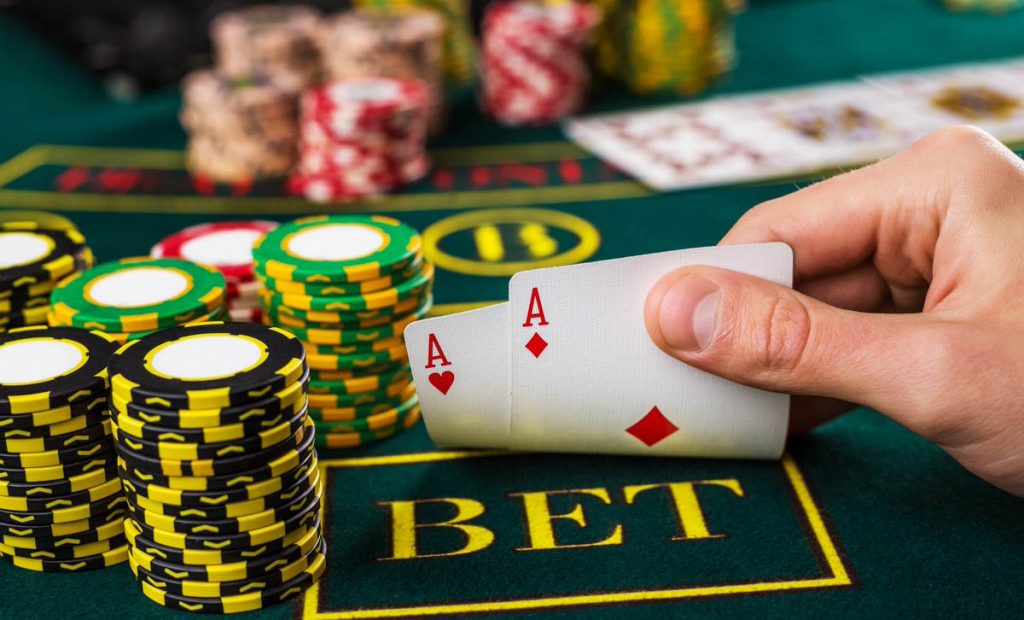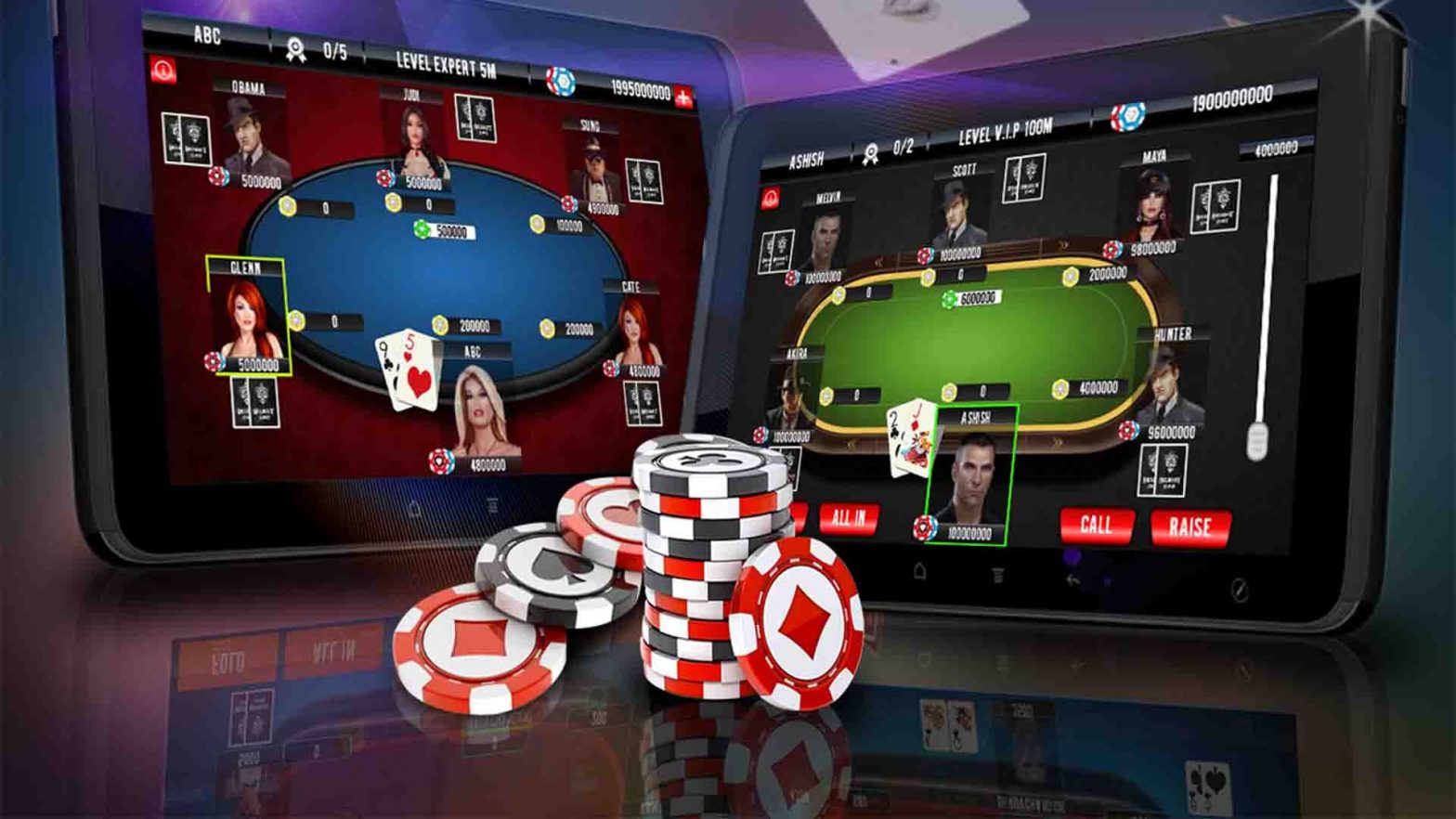What is a bluff in poker? Bluff is psychology in its purest form when a person tries to influence an opponent with the help of certain behavioural features. In poker, a lot depends on how the players act and how well they know each other. Someone plays, repels from the basic rules, without using tricky techniques, and someone tries to cheat in every way and constantly studies a huge number of books and articles on the topic of poker psychology. There are two types of bluffs in poker: pure and semi-bluff
A pure bluff is the activity of a player when he realizes that he will not be able to collect a hand, so he tries to give out true facts and convince his opponent of the opposite. It is also a good technique for those cases where it is almost impossible to even improve the hand. If we talk about a semi-bluff, then the player understands that it is possible to improve the hand, but by bluffing, he is trying to buy time or mislead the opponent.
Experts say that bluffing is only necessary if you are playing with beginners who are still poorly versed in this game and are not strong opponents for you. You can also bluff with semi-professionals who are often indecisive. Bluffing against professionals will be ineffective, and you will rather ruin your reputation and become famous for your inability to correctly apply tricky poker techniques.
When the Bluff is the Most Effective?

First of all, you must understand that the bluff must be as appropriate as possible, only then it will be effective. Players often talk about how their opponents determine the fact that they are bluffing. This only indicates that you are bluffing inappropriately or doing it too often. If you want to get the most out of this technique, you need to learn how to act correctly during the game. Before you decide to bluff, be sure to study your opponent so that the effectiveness is as high as possible.
Play Slowly
Try to play slowly and carefully for a few hours, show everyone your good cards, and then bluff. Your opponents during the game will make a certain subjective opinion about you, and at the most unexpected moment, you will surprise them. If during the game none of the opponents notices that you are bluffing, then you can continue to do this, because there is a high probability that you are doing well. Changing tactics is a real talent that not everyone has, so be sure to try yourself in different directions. If you are playing Omaha, then bluffing will be completely ineffective, so keep this in mind to get out of the game with minimal losses or in a win.
Start With Yourself
You can learn how to bluff, but you also need to be aware of what your opponents think and do when playing poker. First of all, you should start with yourself, because a lot depends on your logical thinking and ability to notice what others do not see. You should immediately understand that any opponent can be unravelled if you work on yourself and train your memory. If someone in poker was able to outwit you, then you are primarily to blame for this, because you simply did not notice.
Develop Visual Memory

In order to quickly identify a bluff, you need to develop visual memory. Try to find exercises to train your visual memory and work on yourself well before you sit down at the poker table and make high stakes. Only in this way you can analyze your player most effectively and get maximum information about his further activities.
